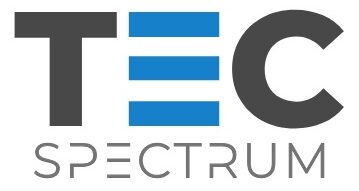The Supreme Court has taken a landmark step by supporting the cautious integration of Artificial Intelligence (AI) in Pakistan’s judicial system to enhance efficiency, reduce case backlogs, and modernize legal processes — without compromising human judgment or constitutional values.
🧠 AI as a Judicial Assistant — Not a Decision-Maker
In an 18-page verdict authored by Justice Syed Mansoor Ali Shah, the apex court emphasized that AI should support judges by streamlining court operations and expediting legal research, but must not replace human reasoning.
“AI lacks moral and empathetic reasoning — core elements of judicial decision-making,” the verdict stated.
🛠️ Recommendations for AI in Legal System
The judgment called on the National Judicial (Policy Making) Committee and the Law and Justice Commission of Pakistan to:
- Develop clear guidelines for AI usage in court functions
- Ensure AI is implemented transparently and ethically
- Preserve judicial autonomy and the constitutional integrity of the system
🔍 Where AI Can Help
The court acknowledged that AI tools can significantly enhance:
- Legal research by analyzing precedents, statutes, and case law
- Case management systems to address mounting backlogs, especially at district level
- Operational efficiency to reduce delays in court proceedings
However, it stressed that due process, human dignity, and fairness must never be compromised.
⚠️ Risks and Safeguards
The Supreme Court warned of potential overreliance on AI, emphasizing the need for:
- Anti-discrimination mechanisms
- Transparency in AI algorithms
- Human oversight in all judicial decisions
By embedding ethical safeguards, the court envisions an AI-assisted justice system that remains rooted in compassion, equity, and accountability.
📍 Why It Matters
This verdict sets a forward-looking precedent for how Pakistan’s judiciary can leverage technology without compromising the human essence of justice. As AI continues to reshape public services globally, the Supreme Court’s balanced approach could serve as a model for other countries navigating similar questions.













